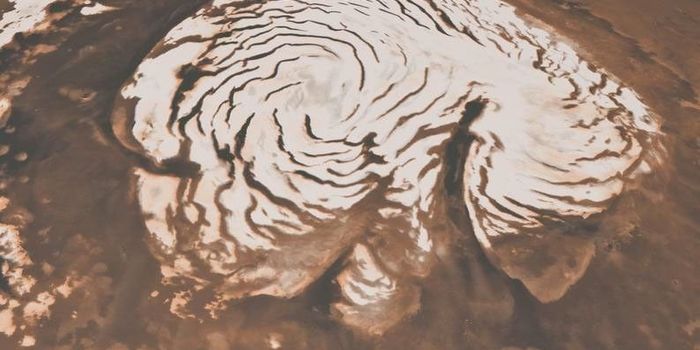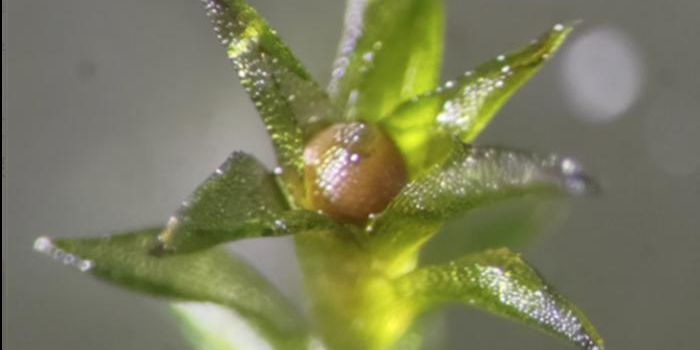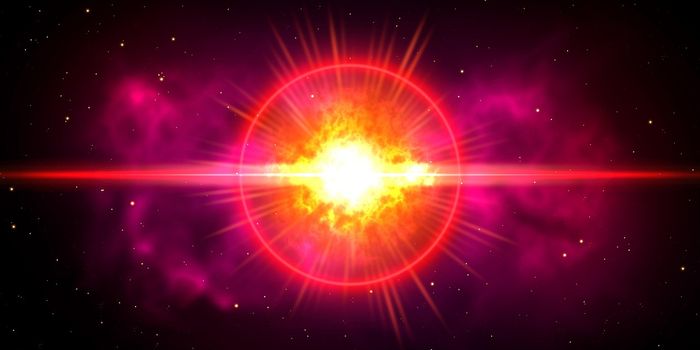The carbon coming from melting Arctic groundwater
New research published in Nature Communications shows evidence of a recently discovered source of carbon in the Arctic, and scientists think that it’s coming from groundwater. The study was headed by FSU researcher Robert Spencer along with aquatic chemists and hydrologists from The University of Texas at Austin's Marine Science Institute, the UT Austin Jackson School of Geosciences and the U.S. Fish and Wildlife Service.
"I think most people are aware the Arctic is changing rapidly," said co-author Spencer, who is an associate professor in the Department of Earth, Ocean, and Atmospheric Science. "What is less well-known is that we still have knowledge gaps."
One of these knowledge gaps surrounds the topic of groundwater in the Arctic. While groundwater around the world transports carbon and nutrients from the Earth to the oceans, scientists have long thought that Arctic groundwater plays a different role because it is perennially frozen, meaning it does not transport easily. But the discovery of a previously unidentified carbon source suggests otherwise.
The researchers located a hotspot of dissolved organic matter in the Alaskan Beaufort Sea that they say originates from groundwater. The quantity of organic matter they identified as coming from groundwater sources is equivalent to 70% of that coming from river sources in the summer season and could infuse a new source of energy for coastal food webs.
"Groundwater inputs are unique because this material is a direct shot to the ocean without seeing or being photodegraded by light," said Jim McClelland, a professor at the UT Austin Marine Science Institute. "Sunlight on the water can decompose organic carbon as it travels downstream in rivers. Organic matter delivered to the coastal ocean in groundwater is not subject to this process and thus may be valuable as a food source to bacteria and higher organisms that live in Arctic coastal waters."
Lead author Craig Connolly, a recent graduate of UT Austin's Marine Science Institute commented, "The role that groundwater inputs play in carbon and nutrient cycling in Arctic coastal ecosystems, now and in the future as climate changes and permafrost continues to thaw, is something we hope will spark research interest for years to come."
The scientists say that we can expect more influxes of frozen organic matter as permafrost continues melting. "As the Arctic continues to change in coming years and more long-frozen permafrost thaws, this will naturally have major impacts on the land-to-ocean flow of water and associated carbon and nutrients," Spencer said. "Those impacts in the Arctic will be felt all across the Earth, particularly the ramifications for carbon cycling."
Sources: Nature Communications, Science Daily









